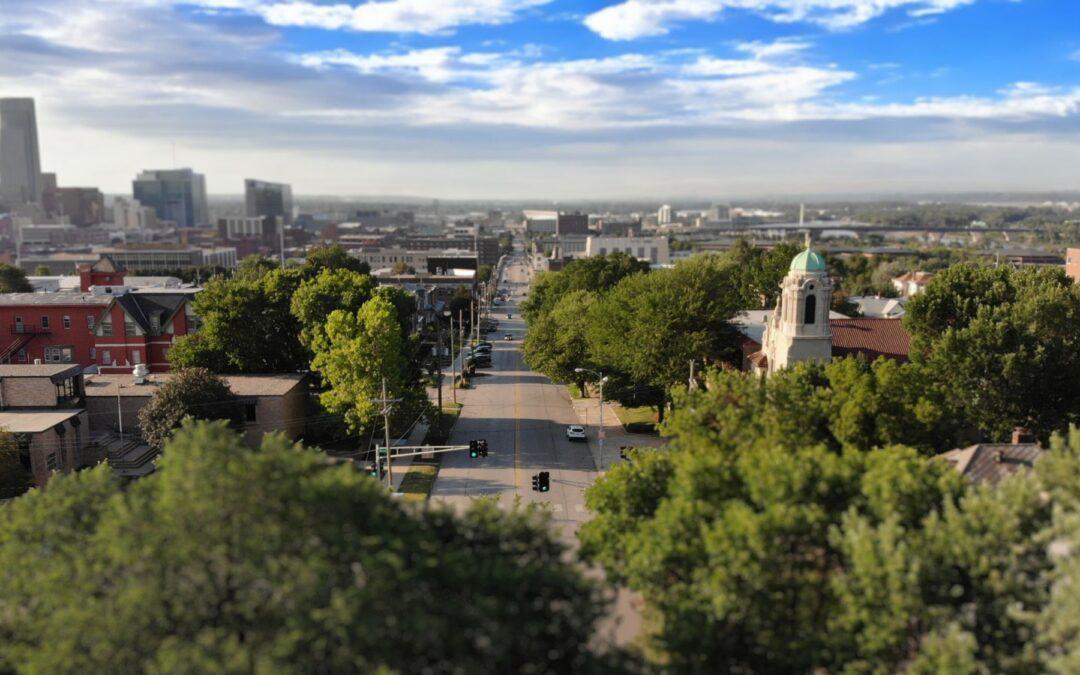Dear Friends,
I subscribe to The Barna Group which studies churches, faith life and other items of interest to Christian communities. They recently completed a study of the impact of churches in urban areas. Omaha was not one of the urban areas they studied but I thought some of their findings may be interesting for us as a church close to the urban core of our city.
Today, I would like to share with you what they learned from people who had no faith and attended no church. They asked them what they thought of churches in their neighborhood. Here is what they learned:
Among unchurched adults in these areas, the majority recognizes there are several churches in their community with varying levels of activity in the neighborhood. However, two-thirds of unchurched respondents are either somewhat unfamiliar (25%) or not at all familiar (42%) with the people who attend these same churches. This may signal a disconnect between recognizing the existence of a church and knowing the people who are a part of that church. While a common American evangelical saying is that “the Church is not a building but rather a people,” it is worth asking whether the congregants of urban churches are making a significant impression upon the unchurched in their communities (emphasis added).
Considering these largely unremarkable encounters, and in the absence of deep familiarity with either local churches or the people who make up these churches, how do unchurched adults then think of or describe churches in their cities?
The reputation could appropriately be described as mixed, though positive opinions come out on top. For instance, unchurched adults in the cities we studied tend to describe churches in their community as friendly (51%) and welcoming (46%), although hypocritical (30%) and closed-minded (27%) follow closely behind.
Still, while the unchurched in these metro populations may have varied feelings or even skepticism about religion and faith, two-thirds (64%) feel that local churches “provide a needed moral foundation for my community.” Further, a significant majority sees churches in their communities as active, addressing challenges and good neighbors. Seven in 10 unchurched adults agree at least somewhat that “churches in my community are good neighbors,” “churches provide a place of safety for members of my community” and “overall churches play a positive role in my community” (71% each).
Interestingly, the esteem people feel toward local churches seems to be about the ministries themselves and not the ministers at the helm. In fact, 54 percent of unchurched adults in the cities we surveyed say that church leaders aren’t well known in their communities. This may hint at the limits of pastors’ capacity, network or effectiveness. Or it could be one more example of the pattern of unchurched adults simply lacking meaningful exposure to or encounters with the individuals within community churches. In either case, church leaders’ inconspicuousness doesn’t seem to undercut the fact that, in many respects, local churches are a welcome presence in their cities.
In general, there is a sense that churches in metro areas offer a chance for connection, have a positive influence, and are valuable members of the community. (Inside the Urban Church, Barna, 2024).
I am happy that their research leads to such positive conclusions about the church from those who have no faith life and attend no church. It should encourage us to not be shy in letting people know where we attend church and in inviting them to join us at Cabrini. Cabrini is much more than a historic building on 10th and William. It is a vibrant community of Jesus’ disciples who are truly striving to live how Jesus taught us to live. Are you ready to invite?
Peace,
Fr. Damian



